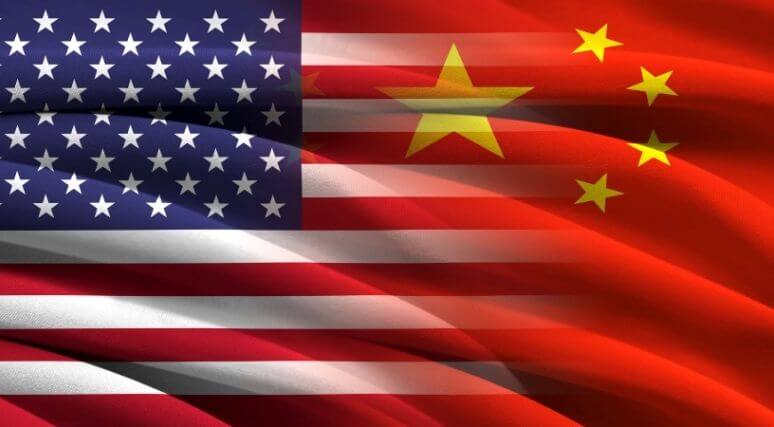 In the lead-up U.S. President Joe Biden’s virtual summit, China’s propaganda machine went into overdrive, writes Charles Burton in the Globe and Mail.
In the lead-up U.S. President Joe Biden’s virtual summit, China’s propaganda machine went into overdrive, writes Charles Burton in the Globe and Mail.
By Charles Burton, December 13, 2021
When more than 100 world leaders meet this week in U.S. President Joe Biden’s virtual Summit for Democracy, which is aimed at stopping the spread of autocracy, they will focus on three themes: defending against authoritarianism, fighting corruption, and promoting respect for human rights.
However, the real catalyst behind the two-day conference is protecting liberal democratic freedoms against Chinese President Xi Jinping’s stated plan of taking “centre stage in the world” and establishing “pioneering global influence” by 2050. That effort is already under way, amid Beijing’s massive Belt and Road initiative to influence and subvert weak democracies around the world.
In the lead-up to the summit, China’s propaganda machine went into overdrive. On Saturday, its State Council issued a white paper entitled, China: Democracy That Works, which serves as China’s latest notice of global dominance. “China proposes to build a global community of shared future,” it reads, “and presses for a new model of international relations.”
The following day, the Foreign Ministry posted a 31-page diatribe, The State of Democracy in the United States. Much like the white paper, it unabashedly describes China’s sham elections as being more democratic than those in the U.S., even though the Communist Party’s general-secretary openly declares that, “Party, government, military, civilian, and academic; east, west, south, north, and centre, the Party leads everything.”
The communiqués also claim that Beijing handled the COVID-19 pandemic better than Washington did, and cite opinion polls in China that purport to show much higher approval ratings for the Communist regime than do similar surveys for Mr. Biden in the United States. But these are tendentious claims.
“Surveys have shown that the level of public satisfaction with the government has remained above 90 per cent for many years,” Beijing says. “This provides unequivocal evidence of the efficacy and vitality of democracy in China.”
Few in China would dare risk the consequences of not claiming to fully support the ruling dictatorship. The cold truth is that, to sustain control, the regime goes to extreme lengths of censorship and digital monitoring of even the slightest dissent.
While touting its own peculiar “democracy,” China neglects to mention that democracies are actually based on the principle of equal citizenship of all peoples. Whether it is tennis star Peng Shuai demanding that a retired Politburo member be held accountable for sexual assault allegations, or Uyghurs, Tibetans and Chinese Christians having the right to practise their religion in the language and culture of their tradition, or people being able to freely speak their thoughts on matters of politics and society without fear of arrest, democracy is the universal entitlement to civil freedoms, the inherent right to be ourselves and freely pursue our own future.
The white paper makes it clear that China’s leadership foresees “a time of momentous change of a scale unseen in a century,” adding that, “Today’s world is facing challenges of excessive democracy.”
That Taiwan has rightly qualified to be one of the participants of Mr. Biden’s summit is deeply troubling to China’s regime.
The summit itself reflects the delicate nature of democracy. For instance, Turkey and Hungary are not invited to the conference, a sign that the U.S. sees these erstwhile allies as now lost to antidemocratic strongman rule.
And while Canada is also invited, so far we have seen no expressions of support for it from the Trudeau government. The intention of summit organizers is to get consensus on commitments to co-ordinated actions that address the spread of corrupt, human-rights-violating authoritarianism. Will Canada step up and finally show some international leadership?
This would not be well-received by China, as any such collective action coming out of the summit would challenge Mr. Xi’s corrosive global agenda. China could threaten economic coercion and trade retaliation to keep Canada and others in line.
But it remains to be seen if Ottawa instead chooses to simply virtue-signal its support for democracy, but leave other nations to actually protect and defend it.
Charles Burton is a Senior Fellow at the Macdonald-Laurier Institute and a former counsellor at the Canadian Embassy in Beijing.




